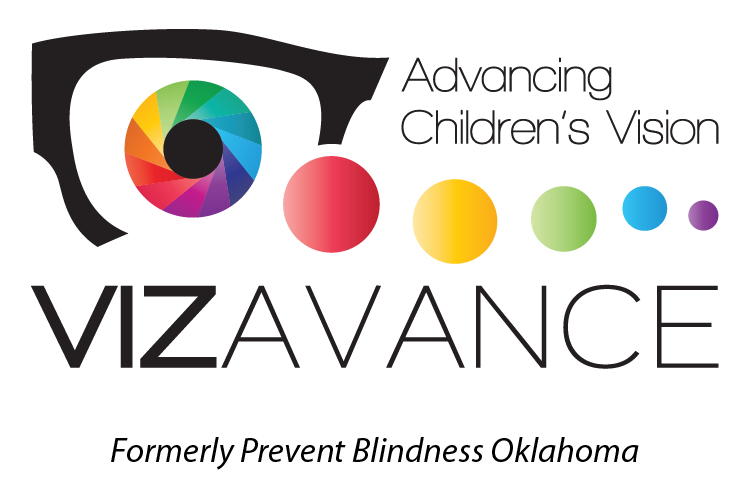
If you’ve ever found yourself squinting and rubbing your eyes after being in the sun, you’re not alone. Many people experience this same sensation, and it’s usually caused by ultraviolet (UV) light irritating the cornea and conjunctiva – the clear tissue that covers the front of the eye. But don’t worry, this irritation is usually temporary and will go away once you’re out of the sun.
The sun and your eyes
You’ve probably heard that looking at the sun can damage your eyes. But did you know that the sun can also cause problems for your eyes even when you’re not looking directly at it?
The sun emits ultraviolet (UV) rays that can be harmful to your eyes. Too much exposure to UV rays can cause a condition called photokeratitis, or “sunburn of the eye.” Photokeratitis is a painful condition that can cause temporary vision loss.
UV rays can also cause more serious problems, such as cataracts, macular degeneration, and cancer of the eye and eyelid.
You can protect your eyes from the sun’s harmful UV rays by wearing sunglasses or a wide-brimmed hat when you are outdoors. sunglasses should block both UV-A and UV-B rays.
How the sun can damage your eyes
The sun can damage your eyes in several ways. The most well-known is probably sunburn of the eye or photokeratitis. This condition is usually temporary and causes redness, pain, and a gritty sensation in the eye. It can be very uncomfortable, but it typically heals within a few days.
Another way the sun can damage your eyes is by causing cataracts. Cataracts are cloudy areas in the eye’s lens that get progressively worse over time and can eventually lead to blindness. People who are exposed to high levels of ultraviolet (UV) radiation are at greater risk of developing cataracts.
Finally, the sun can also damage the retina, the light-sensitive tissue at the back of the eye. Exposure to UV radiation can cause a condition called macular degeneration, which can lead to vision loss.
Protecting your eyes from the sun
Most people are aware that they should protect their skin from the sun, but many don’t realize that their eyes are also vulnerable to its harmful rays. Prolonged exposure to sunlight can cause a number of eye problems, including cataracts, macular degeneration, and solar retinopathy.
Cataracts are a clouding of the eye’s lens, and according to the American Academy of Ophthalmology, up to 50% of Americans over the age of 80 have this condition. In fact, cataracts are the leading cause of blindness in the world.
Macular degeneration is another serious condition caused by exposure to sunlight. It occurs when the central part of the retina — the macula — deteriorates. This can lead to vision loss and even blindness.
Solar retinopathy is damage to the retina caused by exposure to ultraviolet (UV) rays from the sun. This condition is usually temporary, but in some cases, it can lead to permanent vision loss.
There are a number of things you can do to protect your eyes from sun damage, including:
-Wearing sunglasses that block both UVA and UVB rays
-Wearing a wide-brimmed hat when outdoors
-Limiting your time in direct sunlight, especially during peak hours (10am to 4pm)
– Checking with your doctor about medications you take that may make your eyes more sensitive to light
When shopping for sunglasses, look for a pair that blocks out at least 99% of both UVA and UVB rays. Make sure the lenses are perfectly uniform in color — no darker in one corner than the other — and free from any distortion. And be sure to try them on before you buy them! The right pair of sunglasses should fit snugly but comfortably on your face and stay in place when you move your head. Wearing a hat or visor can also help protect your eyes from the sun. A wide-brimmed hat will provide the most coverage, but any hat will offer some protection. And don’t forget about sunscreen — applying sunscreen to the skin around your eyes will help reduce your risk of developing wrinkles and other signs of aging.
When to see a doctor for sun-related eye damage
You should see a doctor if you have any of the following symptoms: -Eye pain -Change in vision -Sensitivity to light -Flashes of light or floaters in your vision -Dark spots in your field of vision These symptoms can be caused by damage to your cornea (the front surface of your eye) or retina (the back surface of your eye).
How to tell if the sun is damaging your eyes
When you are outdoors, you may not always realize how bright the sun is until you feel the effects on your eyes and skin. There are a few ways to tell if the sun has been irritating your eyes. If you experience any of the following symptoms, bring sunglasses and seek shade: -Watery or irritated eyes -A feeling that something is in your eye -Sensitivity to light -Redness in the white part of your eye -Blurry vision




